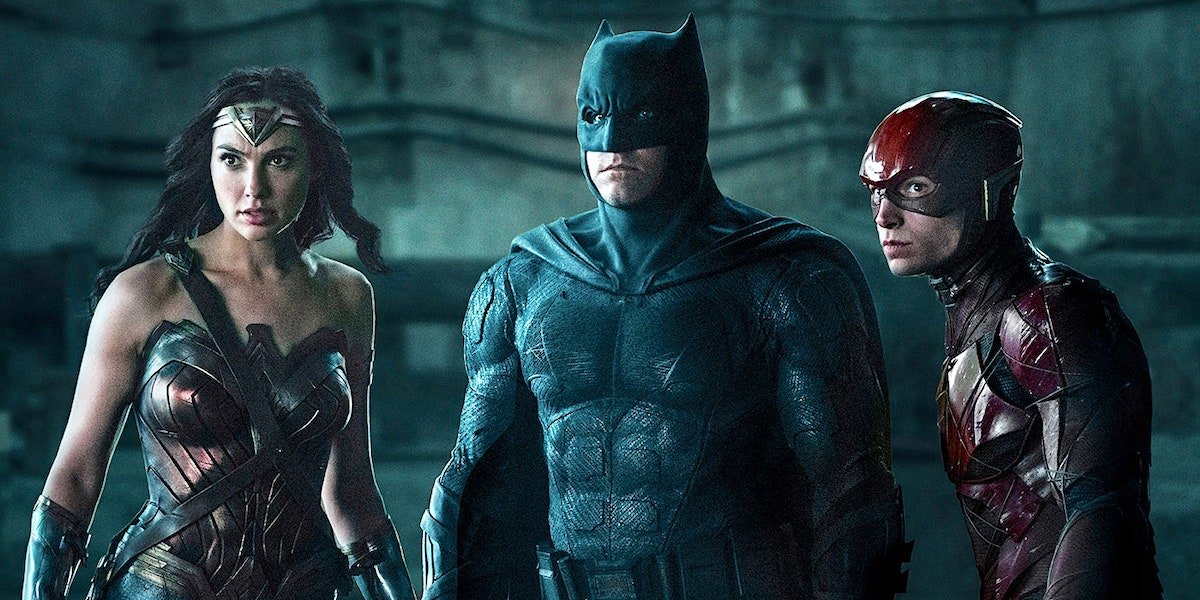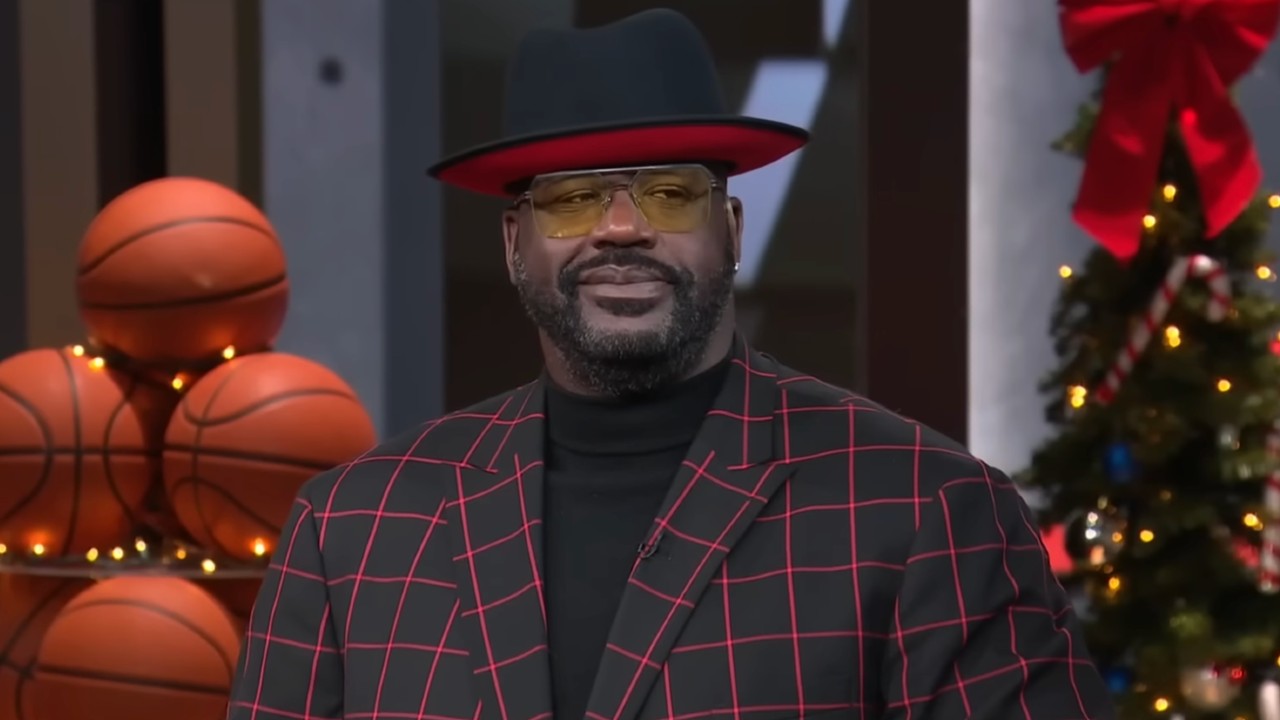Zack Snyder Calls Out The 'Fakers' Who Hated On His Justice League

People have very strong opinions about Zack Snyder. Not just about his films, either. Snyder, over the years, has acted as a lightning rod for Hot Takes about both his content and his actions, amounting to no shortage of columns, features, YouTube episodes, podcasts and more centered around the SnyderVerse. That content seemed to turn its dial to the proverbial 11 setting when it focused on Zack Snyder’s Justice League -- whether commenting on the lost movie, the reasons for Snyder leaving it, the way that he encouraged his fanbase to fight for his Snyder Cut, or the way that Justice League now is going to be released. Everyone, it appears, continues to have an opinion.
I never realized just how controversial a figure Zack Snyder was until I focused my attentions to documenting the fight for his Snyder Cut of Justice League in a new book I have arriving on March 1 titled Release the Snyder Cut: The Crazy True Story Behind The Fight That Saved Zack Snyder’s Justice League. In order to unearth that “Crazy True Story,” you need to weed through ample amounts of discourse regarding Snyder to find the truth. It made me wonder how much Snyder, himself, pays attention to the sheer amount of conversation that swirls around himself and his projects… and how he avoids answering back when people say things that are false or misleading.
One such criticism leveled at the Snyder Cut of Justice League for years is that it didn’t exist. There are far too many bloggers who staked their reputations on the fact that the Snyder Cut never would or could see the light of day. So much so that when HBO Max finally confirmed that Zack Snyder’s Justice League WOULD be released in March 2020, those same armchair pundits continued to push narratives about “toxic fandom” being rewarded, or this Cut not being THE Snyder Cut. It’s all so exhausting.
Even for Zack Snyder. After he, alongside his wife Deborah and his co-star Henry Cavill, announced that the Snyder Cut was coming, Snyder spoke with me for the Release the Snyder Cut book. Be discussed a wide range of topics, all of which end up in the book, but when we got around to the idea of his fanbase being labeled as “toxic,” or the release of his cut being a win for toxic fandom, Snyder finally opened up and told me:
I just think that’s sour grapes. There’s really no other way to say it. We know the people who were the architects of that narrative, and it’s pretty obvious what their agenda is. Those are people that I’ve been held back from confronting, by wiser people in the room. Because I’d love to get at some of these characters. Some direct conversation would be nice. Just to say, one, you don’t know shit about what you’re talking about. And we can break down everything they’ve ever [said]. I can make a list. There’s a few of these guys where I could just get a list of everything they’ve ever said, that they thought was right, and [I could tell them] every single thing they’ve said is wrong.
You could hear Zack Snyder’s exasperation as he recounted having to sit back and absorb false information being spread by people outside of his circle. Some might argue that this comes with the territory. When you make films, you put them out into the world to be judged, and there’s a healthy cottage industry of entertainment pundits who critique, opine and bloviate about anything, with Snyder and his DC movies being a popular topic.
But as Zack Snyder continued, he asked legitimate questions about the ones whose information had been proven false time and again, as he wondered:
And so, in what world do you have any credibility anywhere, to any- one? I would love the opportunity to just say to the world, and to fandom in general, who these fakers are and what should be done to them, or with them. It’s just a bunch of BS. In regards to that toxic fandom, or it’s ‘a win for toxic fandom,’ again, in what world does this ‘toxic fandom’ raise hundreds of thousands of dollars for suicide prevention? How is that toxic fandom? They’ve probably achieved more than any other fan base, [and done more] good than any other group. So I don’t understand.
Nor do I. The charitable work of the Release the Snyder Cut movement often gets overlooked by critics who attack the fanbase as toxic. To date, the RTSC family has raised more than $500,000 in charitable donations for the American Foundation for Suicide Prevention, a cause that is deeply important to the Snyders. As Zack Snyder went on to tell me, there’s no denying that the work done by the RTSC community and the monies raised have helped to save lives. That’s just a fact.
Your Daily Blend of Entertainment News
Filmmakers need to have a thick skin. Their art is judged, and either accepted or rejected. I have a hard time trying to imagine how Zack Snyder endures the amount of scrutiny that surrounds his movies, both those that get traditional release, and those who need to fight uphill battles just to see the light of day
His Snyder Cut of Justice League finally will be released on March 18, 2021. It will screen on HBO Max, and hopefully will receive some form of theatrical release, so that fans can witness the IMAX ratios that Snyder fought so hard to include. And if you want to learn more about Zack Snyder and his journey for getting Justice League back in front of his audience, grab a copy of the Release the Snyder Cut book, arriving on March 1.

Sean O’Connell is a journalist and CinemaBlend’s Managing Editor. Having been with the site since 2011, Sean interviewed myriad directors, actors and producers, and created ReelBlend, which he proudly cohosts with Jake Hamilton and Kevin McCarthy. And he's the author of RELEASE THE SNYDER CUT, the Spider-Man history book WITH GREAT POWER, and an upcoming book about Bruce Willis.
